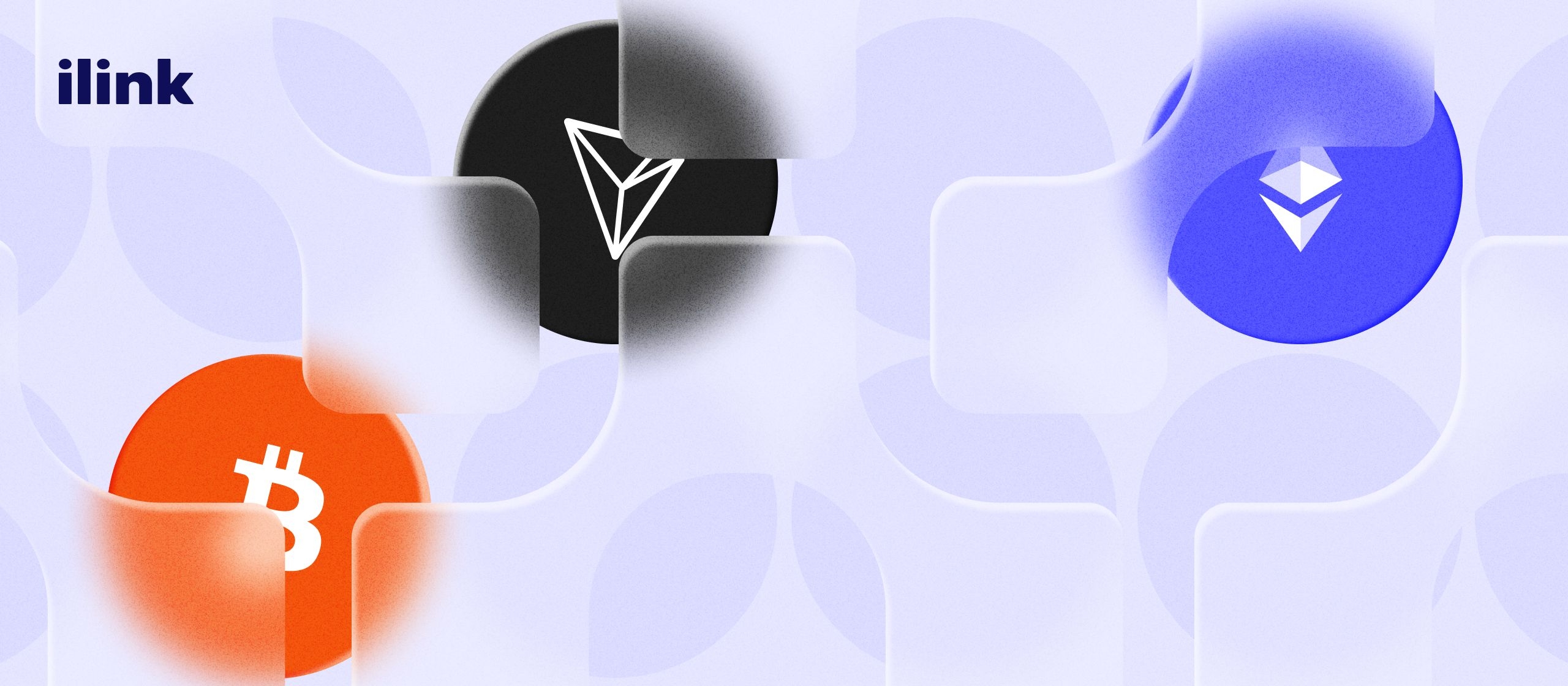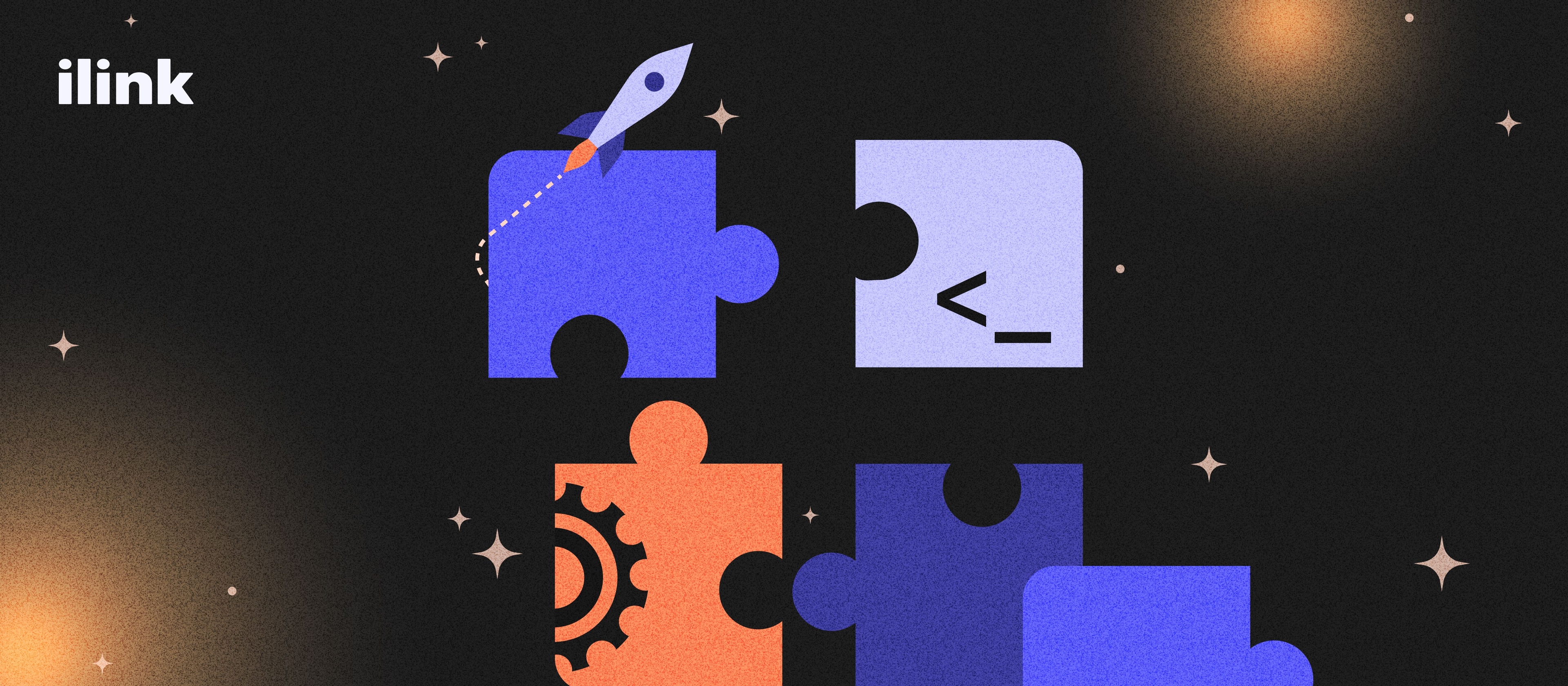What Is Blockchain Application Development? A Guide for Businesses in 2025

Introduction
In recent years, blockchain has transformed from a buzzword into a powerful technology reshaping industries. From finance and healthcare to supply chain and digital identity, blockchain is driving innovation through decentralized solutions. But what exactly is blockchain application development, and why are businesses increasingly turning to it?
What Is Blockchain Application Development?
Blockchain application development refers to the process of creating decentralized applications (also known as dApps) that run on a blockchain network rather than a centralized server. These applications leverage distributed ledger technology to provide transparency, security, and immutability across all transactions.
Unlike traditional apps, blockchain-based apps enable peer-to-peer interactions, automate processes with smart contracts, and eliminate the need for intermediaries. Whether it’s a crypto wallet, a supply chain tracker, or a DeFi platform, blockchain apps offer unique benefits to businesses looking to enhance trust and efficiency.
Key Components of a Blockchain App
Successful blockchain software development involves several critical elements:
- Smart contracts – Self-executing contracts with coded rules that automate transactions.
- Blockchain protocols – Platforms like Ethereum, Solana, or BNB Chain where the dApp will operate.
- User interface and front-end – The visual and interactive layer for users.
- Back-end systems – APIs and infrastructure that connect the blockchain with other services.
- Wallet integration – Secure storage and transaction features for crypto assets.
These components work together to ensure that the application operates seamlessly within the blockchain ecosystem.
Types of Blockchain Applications
Businesses are using blockchain in diverse ways. Here are some common types of blockchain applications:
- Financial apps. Including crypto wallets, lending platforms, and payment gateways.
- Supply chain solutions. For product traceability and real-time logistics tracking.
- Identity verification. Decentralized ID systems for secure access and data control.
- Healthcare. Secure patient records and claims management.
- NFT and gaming platforms. Enabling digital ownership and reward-based ecosystems.
Each use case highlights how decentralized application development can solve real-world problems.
Ready to build your blockchain app? Contact our experts today and turn your idea into a secure, scalable solution.
The Blockchain Application Development Process
The process of building a blockchain app involves several stages:
- Requirement gathering – Define your business needs and identify the right blockchain use case.
- Choosing a blockchain – Select the appropriate platform (e.g., Ethereum, Polygon, or Solana).
- Smart contract development – Code and audit contracts for automation and security.
- UI/UX design and front-end development – Create a seamless interface.
- Back-end development and integrations – Connect the app with databases, APIs, and wallets.
- Testing and deployment – Ensure functionality, security, and performance before launch.
A skilled blockchain development company can help guide you through this end-to-end process efficiently.
Benefits of Blockchain Application Development for Enterprises
Why are more businesses investing in enterprise blockchain application development? Here are the key advantages:
- Transparency. All transactions are recorded and verifiable on the blockchain.
- Security. Immutable data storage and cryptographic security reduce fraud risks.
- Cost efficiency. By eliminating intermediaries, which reduces paperwork, and speeds up transactions.
- Automation. Smart contracts remove manual tasks, lowering operational overhead.
These benefits are especially critical in industries where trust, traceability, and compliance matter most.
Why Partner with a Blockchain Development Company?
Collaborating with a professional blockchain development company offers major advantages:
- Access to expert developers and architects;
- Comprehensive development, testing, and deployment support;
- Faster time-to-market with optimized solutions;
- Ongoing maintenance and updates as technology evolves.
The right partner ensures your custom blockchain solutions align with business goals while meeting security and compliance standards.
Future Trends in Blockchain Application Development
Looking ahead, several trends will shape blockchain software development in 2025 and beyond:
- Interoperability – Seamless communication between different blockchain networks.
- Layer-2 scaling – Enhancing transaction speeds and reducing gas fees.
- Decentralized identity (DID) – Giving users control over their digital credentials.
- AI integration – Combining blockchain with machine learning for predictive automation.
Staying ahead of these trends ensures your applications remain relevant and future-proof.
Blockchain application development is redefining how businesses operate, build trust, and create value. By investing in decentralized application development, companies can unlock new efficiencies, reduce costs, and gain a competitive edge in their industry.
If you're ready to explore how blockchain can transform your business, reach out to our team for a personalized consultation and discover what’s possible with next-generation blockchain technology.
Comments (0)
Latest Posts

Whether it's a consumer-facing mobile app or an internal business solution, mobile applications offer a range of benefits that can help businesses stay competitive in 2025.

Let’s explore the major software development categories and how they apply to various business needs.
Do You Have Any Questions?
Leave your details - we will contact you to answer all your questions

